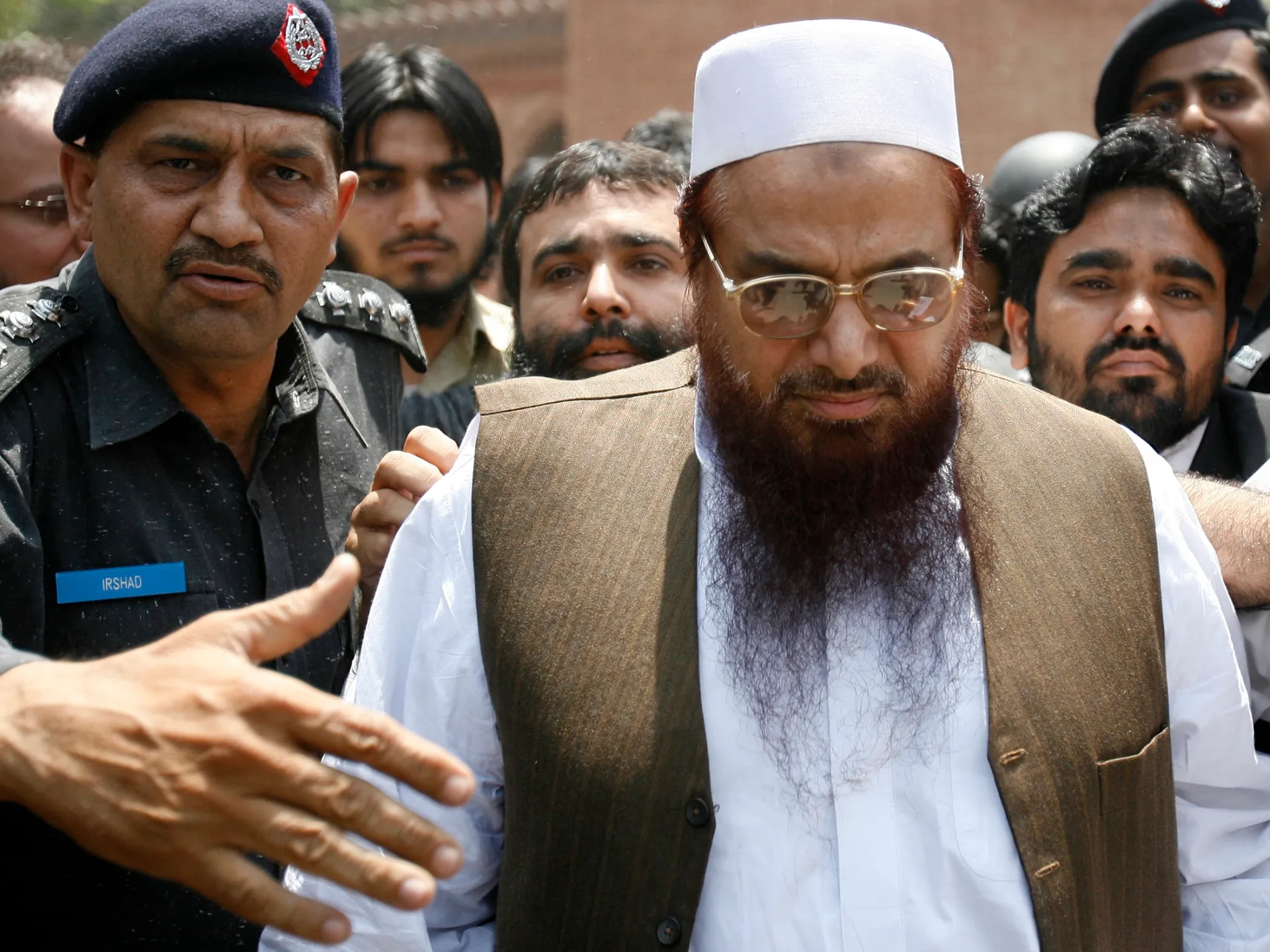India has formally submitted an extradition request to Pakistan authorities over the 2008 Mumbai attacks suspect Hafiz Saeed for trial in India. This was made pubic by New Delhi’s Ministry of External Affairs.
“We have conveyed a request along with relevant supporting documents to the government of Pakistan,” ministry spokesperson Arindam Bagchi told reporters in a briefing on Friday.
Bagchi said the last communication was sent to Pakistan “a few weeks ago”, local media reported.
Africa Today News, New York reports that Saeed, who is currently in custody in Pakistan, co-founded the Lashkar-e-Taiba (LeT) armed group. He is accused by India and the United States of being involved in the attacks on India’s financial hub, which killed 166 people.
India has long been asking its neighbour to hand Saeed over to face trial in the case.
Saeed denies any involvement in the 2008 attacks, in which 10 gunmen slipped into Mumbai by boat from Pakistan. The gunmen carried out attacks at city landmarks for days.
Read Also: Official Confirms 23 Fatalities In Pakistan Army Base Attack
Pakistani authorities placed him under house arrest for different periods, accusing him of involvement in armed groups. Saeed was jailed on April 9, 2002, by a Pakistani court for 31 years in connection with “terrorism” financing.
Saeed’s Jamaat-ud-Dawa group has also been banned by the Pakistani government. The organisation, which has been accused of funding armed groups, was declared a “terror” outfit by the US in 2001.
The United States had offered a reward of $10m for information leading to his conviction.
India hanged the lone survivor of the 2008 attack, Pakistan national Mohammad Ajmal Kasab, in 2012.
LeT has been accused of using Pakistani soil to attack Indian security and government targets in Indian-administered Kashmir.
Pakistan and India both claim the mountainous territory of Kashmir in full but administer separate portions of it.
They have fought two of their three full-fledged wars over the territory. India has also accused Pakistan of supporting armed groups like LeT and Jaish-e-Muhammad that operate in Indian-administered Kashmir.
Pakistan denies the charges, saying it has been acting against all armed groups operating on its soil. Islamabad backs Kashmiri’s right to self-determination against Indian rule.
India’s top court last week upheld a 2019 government decision to strip the Muslim-majority region’s limited autonomy and put the region under direct rule from New Delhi. Tens of thousands of Indian troops are stationed in the region to quell an armed uprising that erupted in the late 1980s.
India has been accused of human rights violations and undermining the democratic rights of Kashmiris, but New Delhi says its tough measures are aimed at ending what it calls “terrorism”.
Last week, Indian soldiers were accused of killing three Kashmir civilians in custody. The government has launched an investigation into the deaths.

